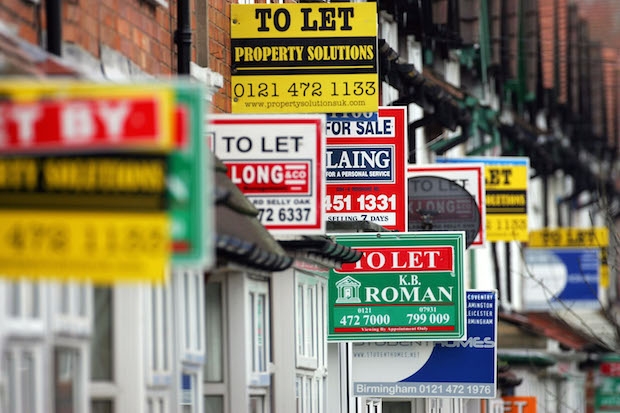If you’ve ever rented a property, chances are you’ve a horror story or two up your sleeve. I remember the north London flat with mushrooms growing in the shower. Then there was the house in the south of the city with mildew on the bathroom walls. And the landlord who refused to return my deposit because I had a cat – despite telling me months earlier that pets were no problem.
So I welcome the news that local authorities are to be given powers to crack down on rogue landlords who shirk their responsibilities. Under government rules, which came into force yesterday, landlords who commit a range of housing offences could be subject to fines of up to £30,000 (as an alternative to prosecution). Housing Minister Gavin Barwell says that councils will be able to keep this money, and use it for private sector housing enforcement.
The list of offences include failure to comply with a housing improvement or overcrowding notice; failure to have the correct licence for a property that needs a mandatory HMO (houses in multiple occupation), additional or selective licence; and failure to comply with the HMO management regulations.
In addition, rent repayment orders (RPOs), which can be issued to penalise landlords managing or letting unlicensed properties, have been extended to cover a wider range of situations. These include the illegal evictions or harassment of the occupiers of a property, using violence to secure entry and the breach of a banning order.
Barwell said: ‘These measures will give councils the additional powers they need to tackle poor-quality rental homes in their area. By driving out of business those rogue landlords that continue to flout the rules, we can raise standards, improve affordability and give tenants the protections they need.’
As announced in last year’s Autumn Budget, letting fees will also be banned. This morning, the government announced a consultation on its plans – this will run for eight weeks and only applies to England.
Letting fees can top £1,000 and include a range of nefarious charges, not least £90 extra to move in on a Saturday and £5 for a photocopy of the tenancy agreement, regardless of whether the tenant requests a copy. Just picking up the keys can cost £7.50.
More than nine million people live in private rented accommodation, including almost 1.3 million families with children. The government hopes that the new rules, part of the property plan set out in its
housing white paper, will give renters a fairer deal. Needless to say, landlords aren’t happy, particularly when it comes to the ban on letting fees.
Most popular
The strange death of England
David Cox, chief executive of ARLA Propertymark, which represents letting agents, said: ‘The government’s housing policy is shambolic and today’s consultation contradicts its already stated aim to encourage longer-term tenancies. Independent analysis launched at ARLA Propertymark’s annual conference last week revealed that if an outright ban was introduced, rents will increase by £103 per year which will only serve to financially punish long-term tenants.
‘The decision is a short-term crowd pleaser and we are disappointed DCLG has not considered our proposals in today’s consultation. We urge the government to use this process to think again to ensure that consumers, and the wider economy are not penalised by contradictory government policies.’
Helen Nugent is Online Money Editor of The Spectator






Comments